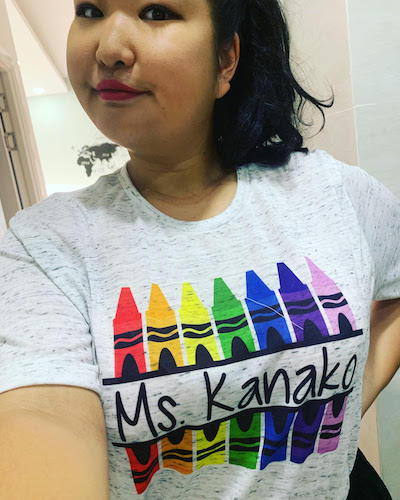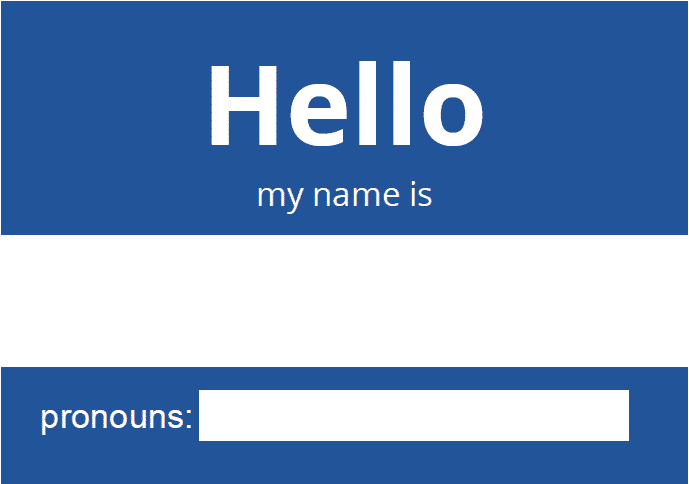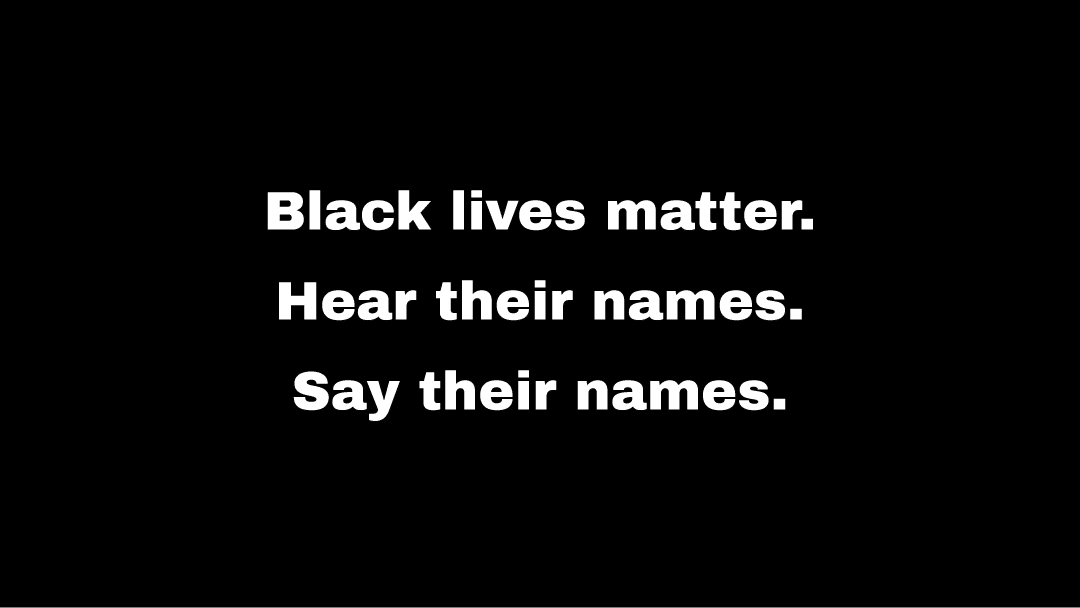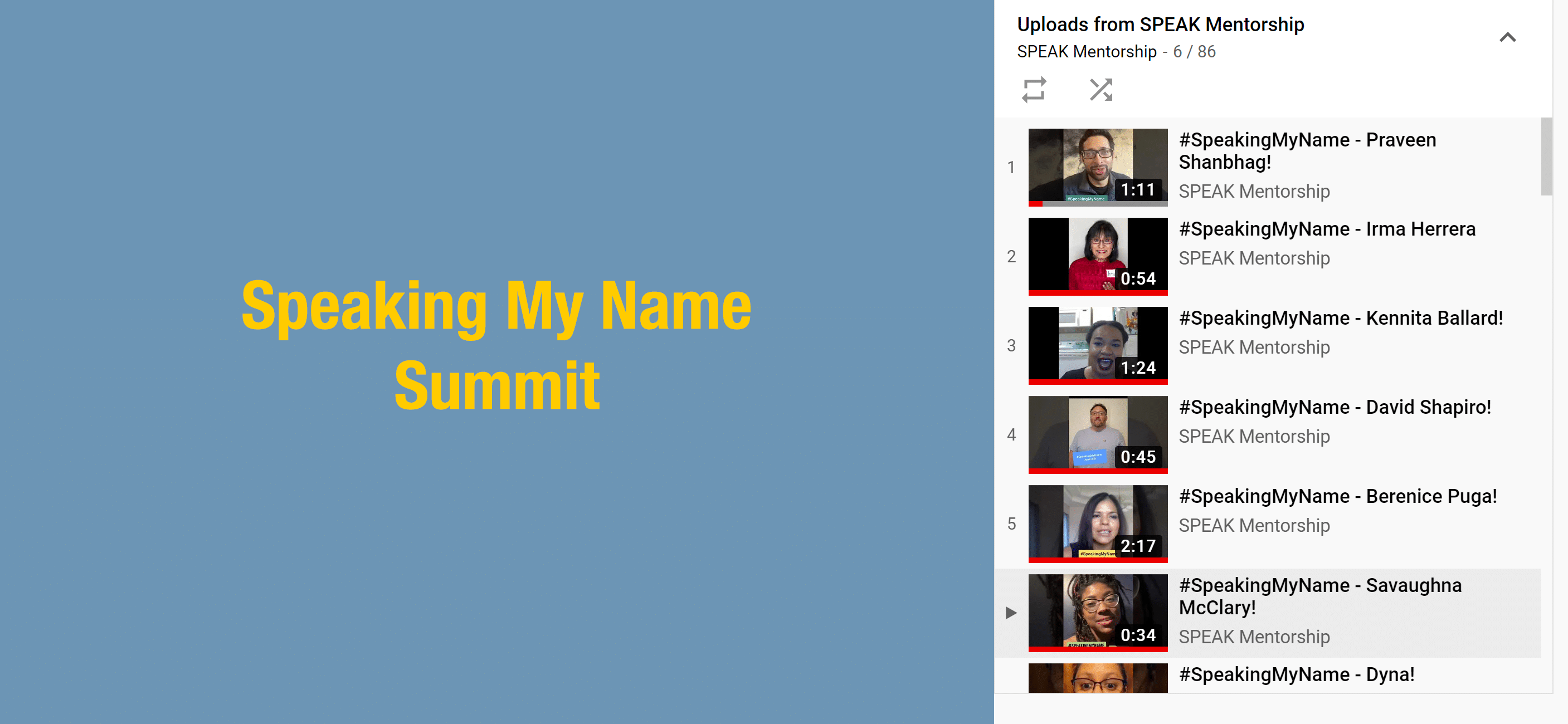As it turns out, quite a bit.
It’s the first day of school and you wait, anxious and excited, to meet your new teacher: you’ve purchased the necessary supplies, arrived on time, and found your seat. As you wait for the teacher to begin, you’re filled with a sense of dread–she has started to call names from the attendance sheet. Will she get yours right this year? Should you correct her now or after class? Will other students notice or remember what to call you?
Or perhaps it’s your sister’s graduation. Your family is in the audience and watches as she hovers on the edge of the stage, ready to step forward for her diploma. Camera poised, you wait for her name to be called, but listen as the announcer stammers to produce an amalgamation of sounds you realize is supposed to represent your sister’s name. The moment passes, but the disappointment lingers.
The latter is exactly what inspired Praveen Shanbhag to found NameCoach, a startup that’s helping institutions and individuals learn how to correctly pronounce the names of the people they serve.
The problem
No stranger to pronunciation challenges, Shanbhag realized that the problem of name pronunciation is increasing and extends beyond the classroom roll sheet. As schools, organizations, and businesses increase their efforts to create inclusive environments for students or employees, the challenge of addressing mispronunciations has come into focus. To fully address the challenge, however, it’s important for employers and decision makers to understand why name pronunciation is such an important factor in creating an inclusive and welcoming climate for students, employees, and clients.
If you or your ancestors hail from an Anglo-Saxon background, chances are you’ve rarely experienced the sense of dread that accompanies introductions or roll calls. In an increasingly diverse America–one in which one-third of Americans now have a name that would be considered difficult to pronounce–pronunciation has become less straightforward but increasingly important.
Names are more than logistical identifiers–they are artifacts of our culture and way of life and are an essential part of our identities. For students with hard-to-pronounce names, the act of mispronouncing a name is a microaggression–a small insult or slight that degrades someone on the basis of race, gender, or another identity marker. The impact of mispronunciation on students with hard-to-pronounce names has drawn attention from psychologists and researchers across the country. For example, the study by Rita Kohli and Daniel Solórzano, “Teachers, please learn our names!: racial microaggressions and the K-12 classroom,” asserts that mispronunciation at an early age can lead to feelings of shame of one’s name and culture, and can even create distance between a child, their family, and their identity. Kohli and Solórzano found that the issue disproportionately affects students of color or students from families that have immigrated to the United States.

Image Credit: @chuttersnap on Unsplash
The challenge? When seeing a name for the first time, the pronouncer may truly be unsure as to how to form the name in front of them. There are no phonetic guides on attendance sheets, and upon first meeting someone with a hard-to-pronounce name, you may not even see the name in writing. This uncertainty can feel awkward for the pronouncer, which forces them to assume (make a guess), avoid (use pronouns), or ask (an option that feels uncomfortable in early interactions).
In turn, this places an unfair burden on the person being named–especially if we consider how often young students encounter this challenge in a school setting. Should a first grader be expected to correct the teacher? Do middle school students have the tools needed to address name pronunciation with an adult or authority figure? In many cases, the students let name pronunciation simply happen to them–they offer up the correct pronunciation but accept whatever is handed back to them. In many cases, they say nothing at all, and the Americanized pronunciation of their name sticks for the rest of the year, or even for the rest of the child’s school career.
For example, a Chinese student named Zhang. Zhang is a common name in China but is unfamiliar to many Americans. Although the correct pronunciation is j-AA-ng, at school, the teacher struggles to pronounce his name. ”Zang? Shang?” he tries.
Zhang attempts to guide the teacher, but both teachers and students continue to struggle with it. “It sounds like John, right?” they ask.
“Well, yes, but–”
“Why don’t we just call you John? That’s easier.”
In interactions like this, the student grows increasingly anxious about the attention he’s receiving for his name. Zhang is concerned that if he continues to insist on the correct pronunciation, he will be othered for his cultural differences and have a harder time making friends. He doesn’t like the sound of his Americanized name and doesn’t want to have to answer to it for the next few years, but he wants to feel a connection with his teacher and peers. What should he do? And why is he the only one who feels pressure to make this choice?
Moments like Zhang’s are a daily occurrence for people with names that are difficult to pronounce, and this constant wavering and worrying is a drain on time, energy, and one’s self of self. It needs to stop, and NameCoach hopes to address the resource gap that currently surrounds name pronunciation by providing tools to help individuals meet pronouncers halfway.
The solution
NameCoach provides tools that allow the individual to control how others pronounce their names. With NameCoach’s unique NameBadge feature, institutions can share a link or Excel file with students, members, or employees. Individuals can access the link and provide a brief recording of their name or phonetic spelling to model the correct pronunciation. The notes and recording are entered into a NamePage database which can be shared or integrated with institutional databases so anyone can access it and quickly learn the correct pronunciation.
By empowering both the individual and the pronouncer, NameCoach alleviates the anxieties felt on both end of the interaction by providing upfront tools that help create and foster a respectful, inclusive environment.
NameCoach offers different features and plans to meet a variety of needs. Institutions can choose the level of support they need and can share access with as many employees or leaders as necessary.
The impact
So far, NameCoach has helped hundreds of institutions tackle the challenge of welcoming all stakeholders with proper name pronunciation. As it expands and refines its integration and extension features, NameCoach hopes to become a staple of every institutional database in the country.
As leadership expert, Dale Carnegie once said, “Remember that a person’s name is to that person the sweetest and most important sound in any language.”












